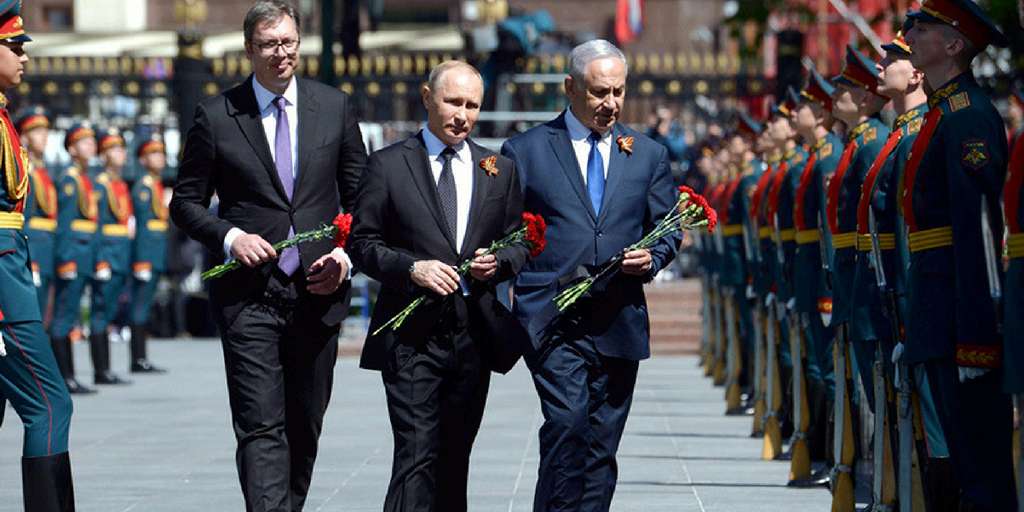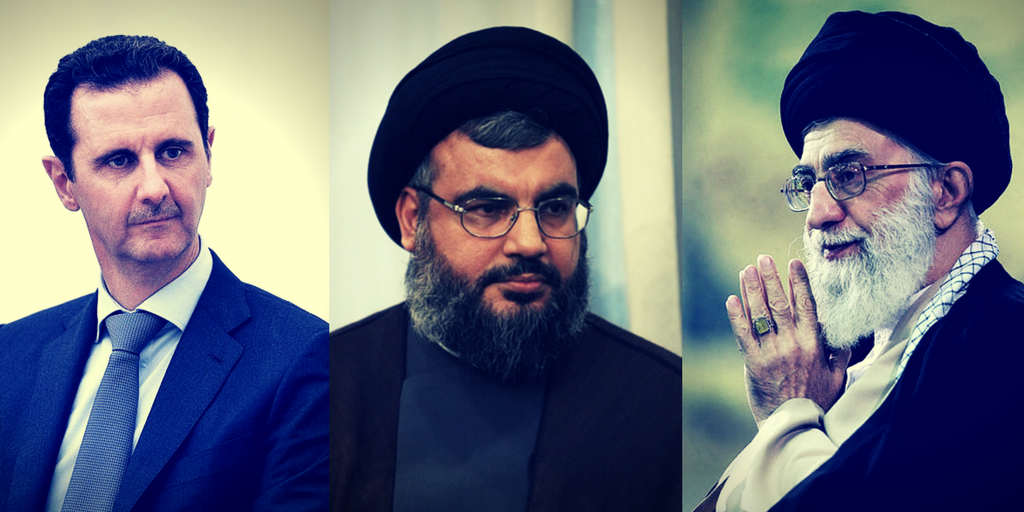While the dust still settles in Iraq’s parliamentary elections, it has become clear that they have chosen Muqtada al-Sadr’s list. Muqtada al-Sadr is the Shiite cleric whose Shiite militia fought against US troops in Iraq and is responsible for thousands of casualties. Sadr’s list is not merely made up of Shiite radicals, but of secularists as well.
It is a mistake to classify Muqtada al-Sadr as a Shiite radical only. What has become clear to those who have interacted with him is that he is as much an Iraqi nationalist as a Shiite radical.
According to Johnathan Steele who is one of the few Western journalists to have interviewed Sadr, “He [Sadr] even dared to say that once IS had been defeated, he wanted Iranian forces and the Americans to leave Iraq. While he called the Americans ‘invaders’, he was diplomatic enough to call the Iranians “‘friendly forces’ – but his message that both sides should leave Iraq was bold. It went well beyond anything that Abadi or Ameri would say or want.”
Steele went on to infer the following: “No wonder that Tehran has publicly declared it will not allow Sadr to take power or play the decisive role in the government that will be formed after this weekend’s elections. ‘We will not allow liberals and communists to govern in Iraq,’ Ali Akbar Velayati, the senior adviser on foreign affairs to Iranian Supreme Leader Ayatollah Ali Khamenei, said in February.”
If Steele is right Iraq’s turmoil may just beginning. Whatever coalition Sadr puts together will have to contend with an Iran that will not be willing to let go of Iraq and at same time the new Iraqi government will of course ask the US to leave.
It is easy to see how this can quickly turn an Iraq that has been torn apart by sectarian conflict to further wade into the abyss, torn between Iran and the US.
Of course, given the fact that Sadr is ultimately a Shiite radical as well as a crafty leader, he may opt to allow Iran to stay just long enough to ensure the US is forced to abandon Iraq.






